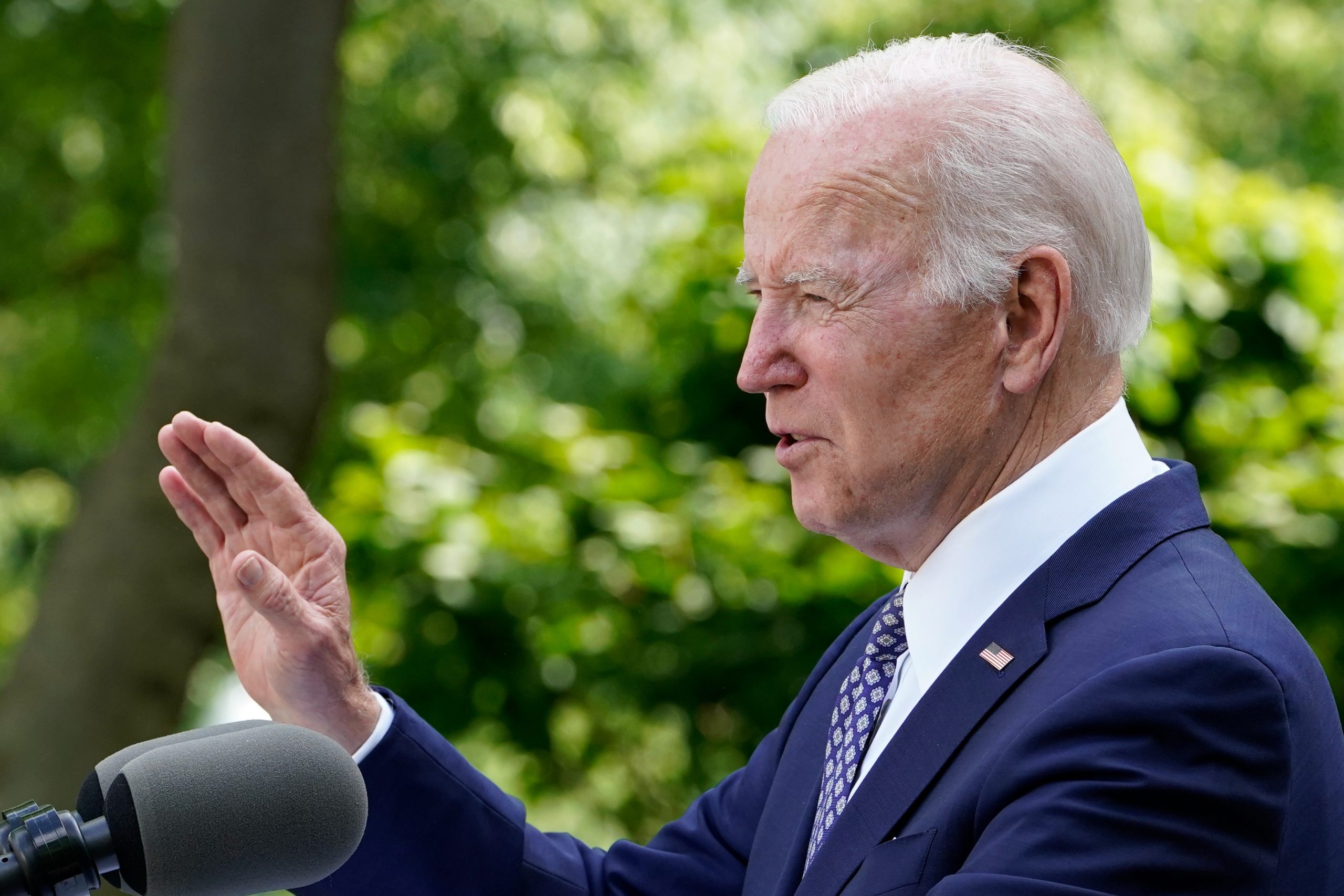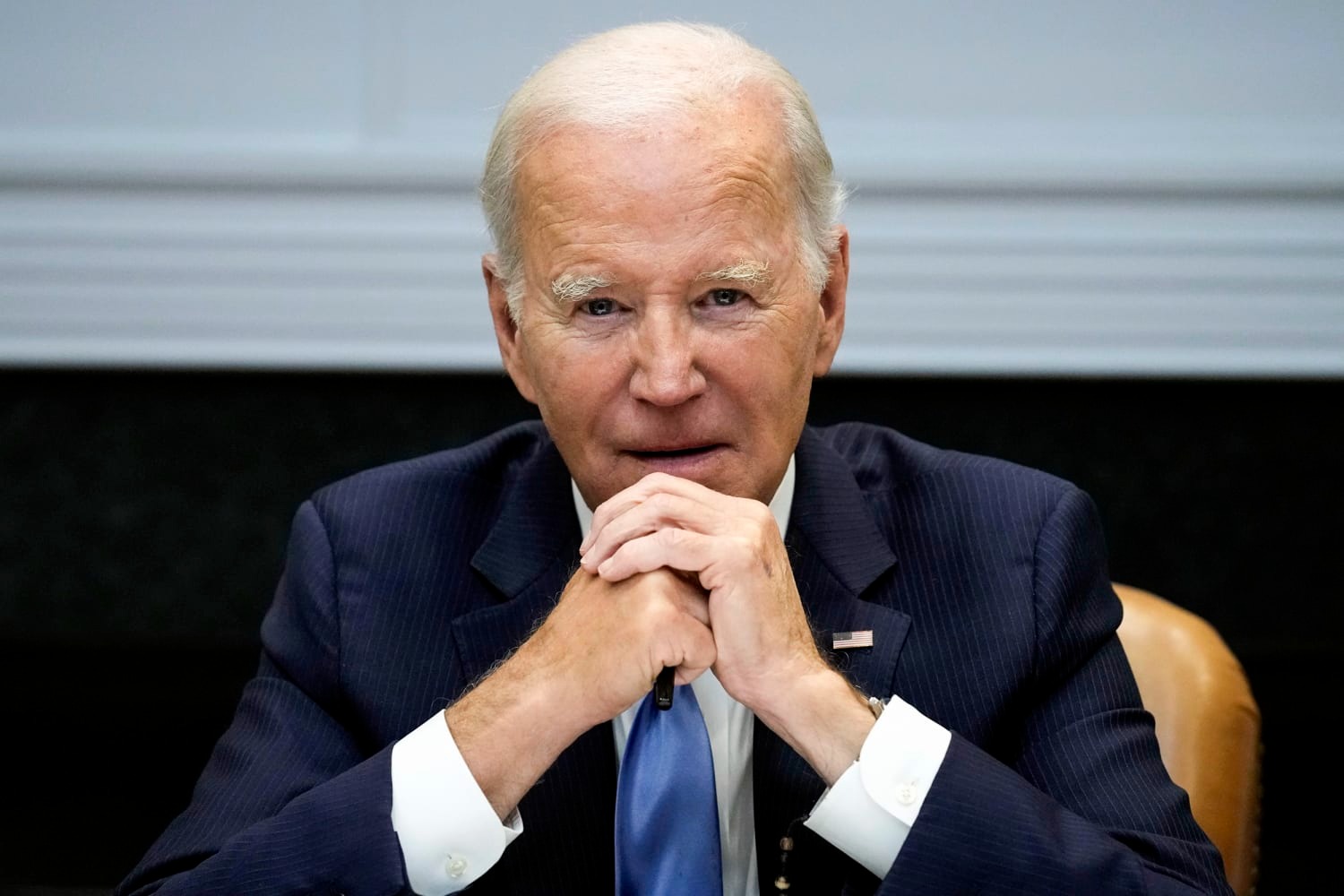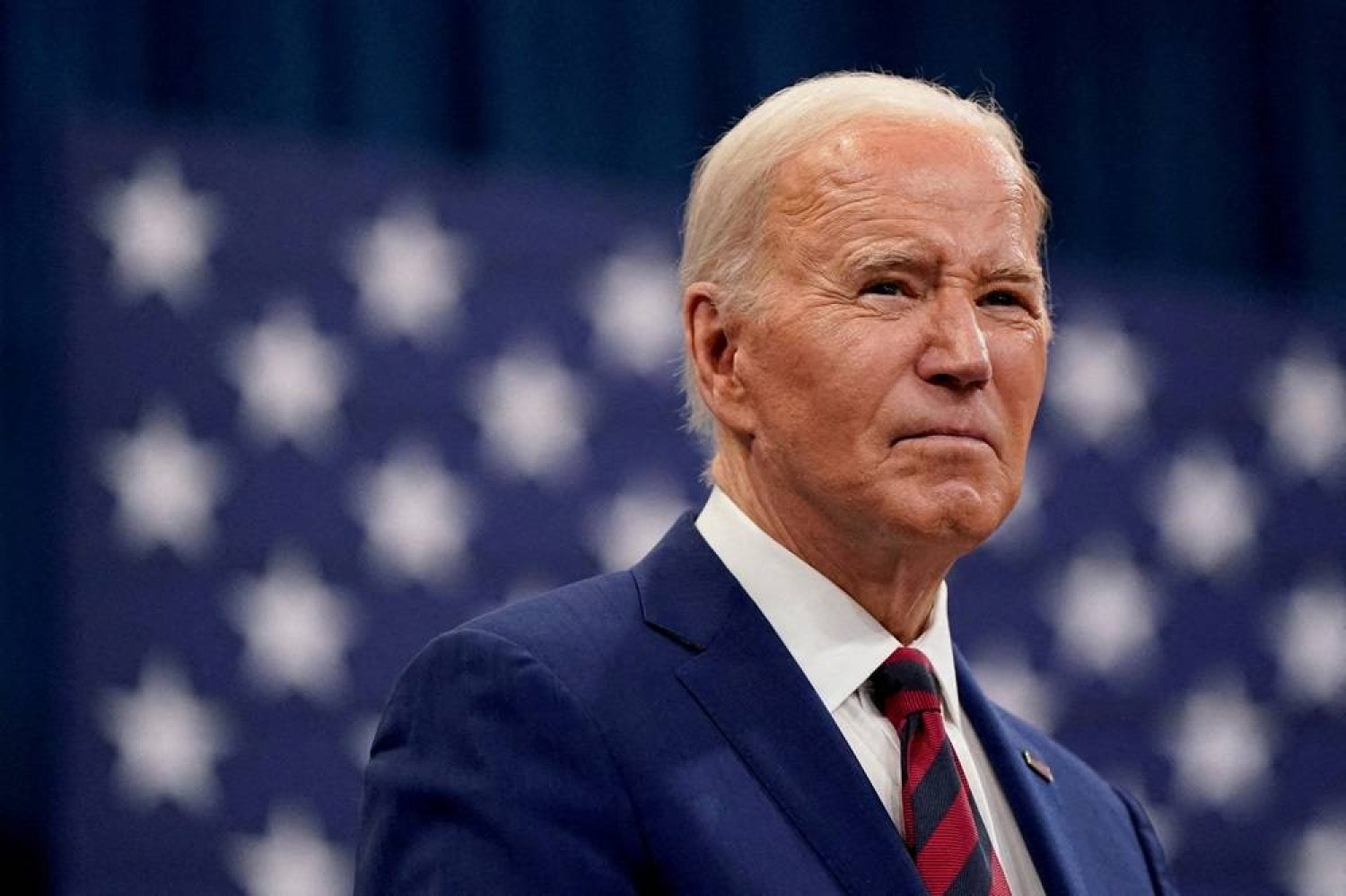Last month, I discussed the long-standing U.S. economic embargo on Cuba, arguing that despite its intention to undermine the communist regime, it has largely failed to achieve its goals.
Instead, it has compounded the hardships faced by the Cuban people. My stance is that relaxing, if not completely lifting, this embargo could alleviate some of their suffering without bolstering the oppressive government in Havana.
This discussion naturally led to a conversation about Venezuela, another country under the heavy hand of a socialist dictatorship, grappling with U.S. sanctions aimed at its crucial oil industry.
The question arises: Should the Biden Administration continue to impose severe economic sanctions on Venezuela, considering the hardships these measures impose on ordinary Venezuelans?

President Joe Biden (Credits: Politico)
It’s a pivotal moment for the U.S. as it contemplates reapplying sanctions on Venezuela in response to the regime’s failure to hold a free and fair presidential election as promised. This decision prompts a broader debate on applying economic sanctions and the potential double standards in U.S. foreign policy.
Similar to my position on Cuba, I support maintaining U.S. sanctions on Venezuela, at least for now. My rationale hinges on the belief that sanctions could still prompt change in Venezuela, a potential that has dwindled in Cuba over decades.
Initially skeptical of sanctions in Venezuela for fear of repeating the failures of the Cuban embargo, I’ve seen differences in the situations between the two nations.
One outstanding factor is diplomacy. The unilateral nature of the Cuban embargo compared starkly with the more collaborative approach the U.S. has taken towards Venezuela, garnering support from allies such as the European Union and the Lima Group. This collective effort suggests more strategically applying pressure on the Venezuelan regime.

Biden (Credits: NBC News)
Yet, as Venezuelans become one of the largest groups seeking entry at the U.S. border, the argument for easing sanctions to alleviate their plight gains traction.
Reports indicate that President Biden may not fully reinstate the oil sanctions lifted last year in a bid to encourage democratic progress from Nicolás Maduro’s regime, now seen as a broken promise.
Should Biden choose a more lenient stance on Venezuela while maintaining a strict embargo on Cuba, it raises questions about consistency in U.S. foreign policy.
This situation underscores the challenges in balancing principles with pragmatism in international relations and the delicate act of employing sanctions as a tool for promoting democracy and human rights without causing undue suffering to the very people they aim to help.























